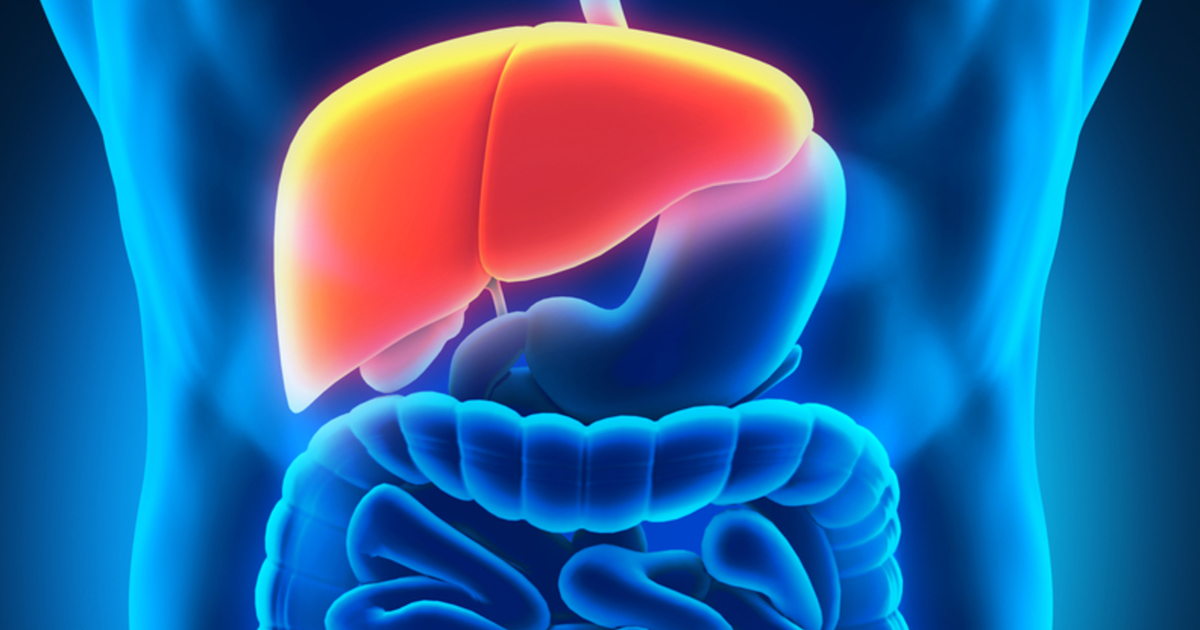What Is Autoimmune Hepatitis & Why Is It So Serious?
Many individuals are aware of what hepatitis is, however, very few truly know or have even heard about autoimmune hepatitis. Autoimmune hepatitis is a chronic and long-lasting disease where the immune system attacks the liver and causes severe inflammation and damage to this vital organ. This severe condition can be life-threatening if it is not detected early enough or treated, as it can lead to cirrhosis and even liver failure. Learn more now about this serious and uncommon autoimmune condition, its symptoms, and how it is treated.
What Is Autoimmune Hepatitis?

Autoimmune hepatitis occurs when the liver becomes inflamed due to the body's immune system turning against and attacking liver cells. While the exact cause of this disease remains unclear, it is believed genetic and environmental factors play a significant role as both appear to interact over time and trigger the disease. Fortunately, when autoimmune hepatitis is diagnosed and treated early, it can be safely managed with medications that suppress the immune system and stop it from attacking healthy liver cells. If the patient's body does not respond to medications and treatment or when liver disease has progressed to an advanced stage, a liver transplant is usually a patient's best option for fighting the disease.
Symptoms

The symptoms associated with autoimmune hepatitis can range from minor discomfort to severe and occur quite suddenly and quickly. Some patients have very few noticeable problems in the early stages of this illness, whereas other patients can experience a variety of symptoms. These common symptoms include fatigue, abdominal discomfort, yellowing of the skin and whites of the eyes known as jaundice, abnormal blood vessels on the skin called spider angiomas, skin rashes, joint pain, and, of course, an enlarged liver. Females who experience autoimmune hepatitis could also lose their menstrual cycle as well.
